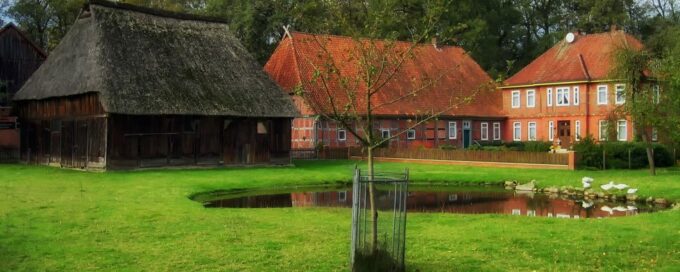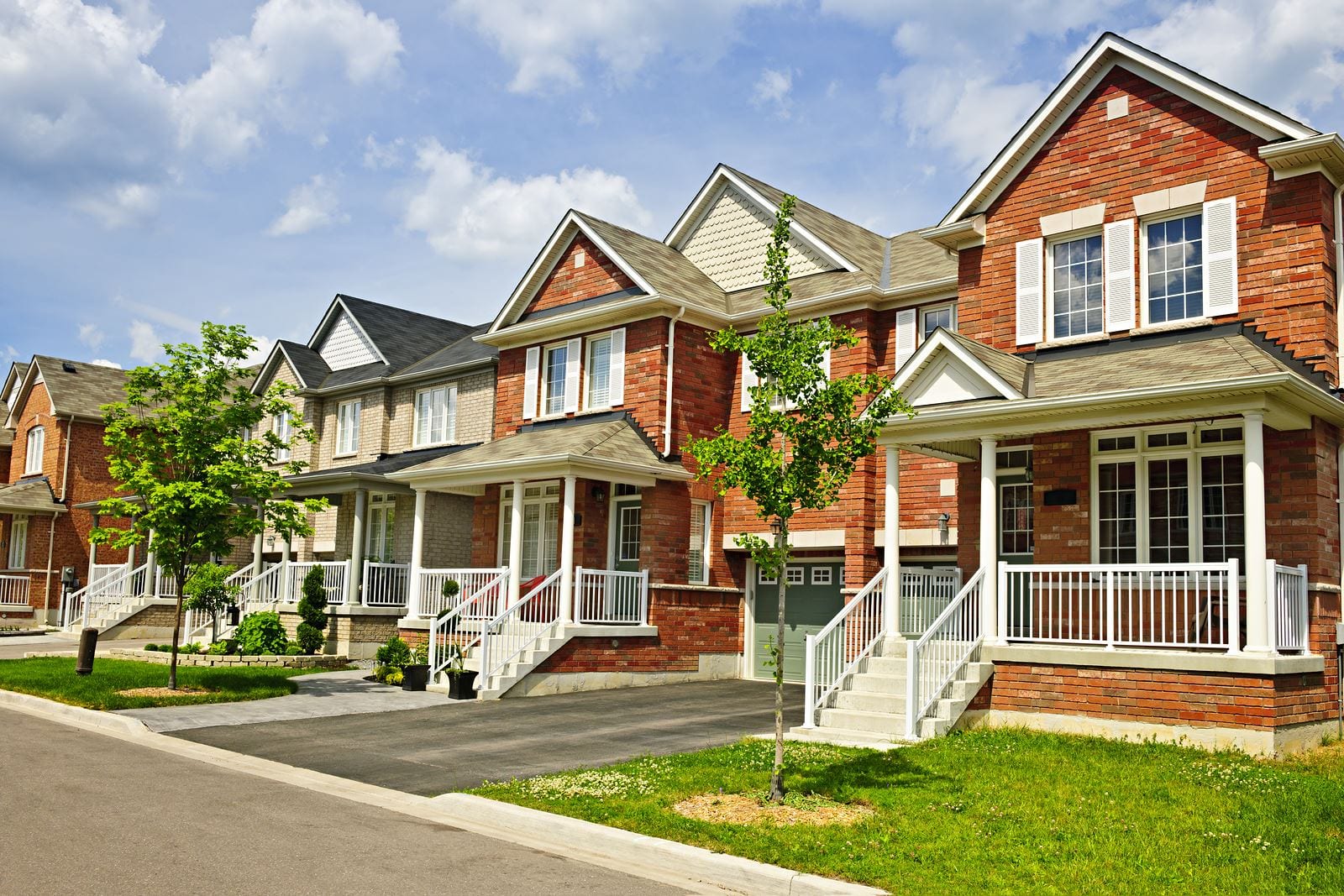Investors looking to get into the property market have a lot of options. If you’re new to the property market, it’s easy to become overwhelmed – there’s so much jargon involved, and it’s hard to know whether a property is a good investment.
There’s no black-and-white best investment that we can recommend; all property types come with pros and cons, and the best option for any investor largely depends on their goals and circumstances. All property investments come with risk; only you can weigh that risk against the possible reward.
With that being said, we’ve put together this informative summary of the most common property types that investors will see on the market to educate potential investors.
Types of Property Investment
Currently, the property market is strong, and demands for certain types of property and investment are high. Higher rates of return are increasingly common on all property types, but figuring out the best investment for yourself can be tricky.
Residential Properties
Residential properties can be single-family homes to multi-unit apartment buildings that can be rented individually. For a first-time investor, a residential property may be ideal, as renting them out can provide a stable, consistent income – although you will have to put in some work as the landlord.

The most popular investment strategies for residential properties are buy-to-lets, house flipping, or vacation property rentals. These all have different levels of investor involvement and risk associated with them, but in general, residential property is one of the safer types of investment.
Due to the current economic climate, in some areas, property prices are at some of their lowest in years. Real estate traditionally appreciates over time, and if you can buy a property at a discount, you’re likely to turn a profit in a few years.
More people than ever are renting, and you can expect a steady income from tenants that will cover your mortgage. However, interest rates are rising, and with the current worldwide cost of living crisis, it may be hard for you to find tenants or prospective buyers.
Although residential property tends to be a stable investment, using a buyer’s agent can provide guidance with all aspects of searching, negotiation, and strategy. Many look to the big metropolitan cities, but depending on your strategy, a smaller city can offer a profitable property investment, like in Adelaide.
All investments carry risks, and house prices could fail to rise quickly or, in the worst-case scenario, fall.
Commercial Properties
Commercial properties are non-residential buildings, like hotels, warehouses, offices, or businesses. These generate high cash flow rates; you can rent them out to business tenants monthly or lease them for longer periods. They can make great investments for people wanting to improve their local community.

Rent on a commercial property will be higher than on residential, and in general commercial properties yield higher returns, but it can be harder to fill vacancies, especially for multi-unit buildings.
The value of a commercial property is partly determined by how much income they generate – for an investor this can be a blessing or a curse. If you’re leasing to profitable businesses, you may see your property appreciating much faster than residential property.
There are fewer maintenance costs associated with commercial property, as certain lease types require tenants to be responsible for any issues. However, the maintenance costs for any problems that the property owner is responsible for will be costly. Lease terms can also be incredibly complicated and typically require working with a lawyer.
Commercial properties carry with them a risk from the general public – break-ins, property damage, and injuries on site are all common.
A large amount of initial capital is required to purchase a commercial property, which can be off-putting for investors. However, they can be incredibly profitable investments if you have the money.
Land
Land can be an incredibly lucrative investment and an excellent way to diversify your portfolio. Buying land gives an investor peace of mind that other investments don’t – land very rarely depreciates and is a long-term asset in short supply, becoming more valuable as demand for housing increases.

Investing in land gives you the ability to determine what happens with it. If you decide to develop property on it, you get to choose if it will be commercial or residential. You have control over the properties’ design and development.
However, this is no mean feat; developing property requires investing a significant amount of capital and will require a lot of local research to determine what will be the most financially rewarding in that area.
Many people choose to leave their land vacant or lease it to farmers, gaining a solid passive income. The land is easy to acquire, and if you decide to leave it vacant, the upkeep costs are minimal. The drawback to this is that it generates no income, and there are often no tax advantages to leaving it as it is.
It’s important to note that zoning ordinances may restrict development on some land, so we highly recommend researching them before making any investment.
Real Estate Investment Trusts (REITs)
REITs are companies that own mass amounts of commercial property. These companies operate as trusts, and you can invest in them and receive profits from the commercial properties they own.
This type of investment is passive, requiring no labor or input from the investor. That’s both a positive and a negative, as you’ll be able to generate income from properties without managing them, but you have no control over your investments.
If you’re looking for a way to make money quickly, REITs aren’t for you. Their best use is as a long-term investment, as the income, they generate increases over time.
REITs are technically stocks and are subject to all the same financial issues. Due to this, they’re easier to liquidate than any other form of investment. However, with the current global market downturn, we think investing in REITs is a particularly risky move – but with a potentially huge reward.
Property Crowdfunding

Property crowdfunding is a relatively new investment option but is rapidly gaining in popularity. Initially made exclusively for wealthy investors, recent platforms have opened the door for general investors. Property crowdfunding involves multiple people pooling their money to invest in business opportunities they normally wouldn’t have access to. It requires much less initial capital and little to no effort from investors.
However, property crowdfunding is a high-risk investment that, in the worst-case scenario, may result in you losing all your initial investment. Many crowdfunded investments fail, as the businesses involved have insufficient support structures and poor business plans.
Crowdfunding opens itself up to fraud, as scammers can set up dubious ventures to attract investment from naive or first-time investors. There is also a risk posed by hackers and cyber-criminals, who have managed to access the data of major financial institutions and companies in the past few years.
Crowdfunding also requires years to see any return, and investors often receive disappointing yields after investing in opportunities with limited growth potential.
Whilst property crowdfunding can be risky, it is a good way to diversify your portfolio.
Summary:
If you’re looking to invest in property, now is one of the best times in recent years. However, investing in anything carries with it an inherent risk of loss.

While there are many property types to choose from and many different investment strategies, ultimately, the best investment option for you depends entirely on your circumstances and financial budget.









